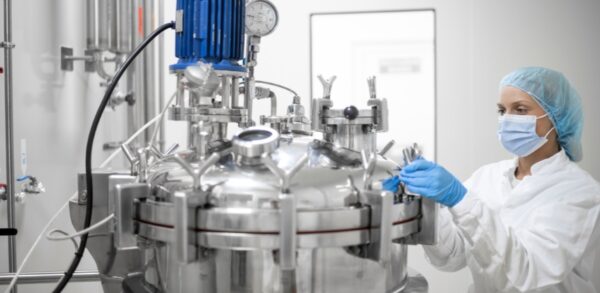GMP (Good Manufacturing Practice) Compliance
Definition
GMP (Good Manufacturing Practice) compliance refers to the adherence to guidelines and regulations that ensure the consistent production and control of pharmaceutical products, medical devices, and food products to meet quality standards. These regulations are enforced by agencies such as the U.S. Food and Drug Administration (FDA), the European Medicines Agency (EMA), and the World Health Organization (WHO).
 Blog Post
Blog Post
Mastering GMP Compliance in the Pharma Industry
Read moreDetailed Explanation
Importance of GMP Compliance
GMP compliance is critical in the pharmaceutical and life sciences industries because it ensures product safety, efficacy, and quality. Without GMP regulations, there would be a higher risk of contamination, incorrect dosages, and ineffective products reaching consumers, leading to potential health hazards.
GMP Compliance Requirements
To be GMP compliant, a facility must adhere to strict regulatory requirements, including:
- Proper documentation and record-keeping for traceability.
- Strict quality control and quality assurance procedures.
- Validated manufacturing processes to ensure consistency.
- Proper training of personnel handling production and quality control.
- Regular inspections and audits by regulatory authorities.
- Sanitation and hygiene standards to prevent contamination.
cGMP vs. GMP
The term cGMP (Current Good Manufacturing Practice) is an updated version of GMP that reflects the latest advancements in manufacturing, technology, and regulatory expectations. The “current” in cGMP emphasizes the need for manufacturers to continuously update their processes to align with modern standards.
Examples of GMP Compliance
Pharmaceutical companies must follow GMP regulations to ensure that drugs are manufactured consistently and safely. Examples of GMP compliance include:
- A pharmaceutical company implementing strict environmental controls to prevent contamination.
- A GMP-compliant facility maintaining detailed batch records to track product quality.
- Regular audits conducted in a manufacturing plant to ensure compliance with regulatory requirements.



